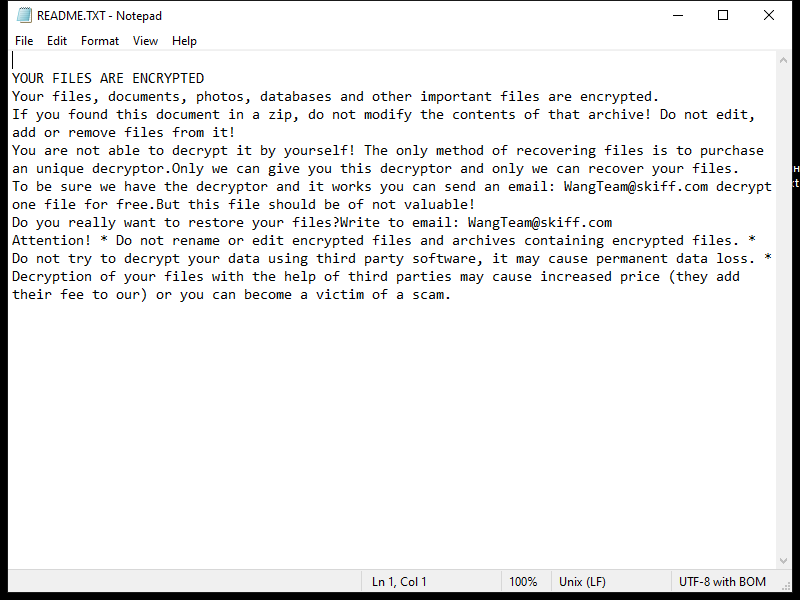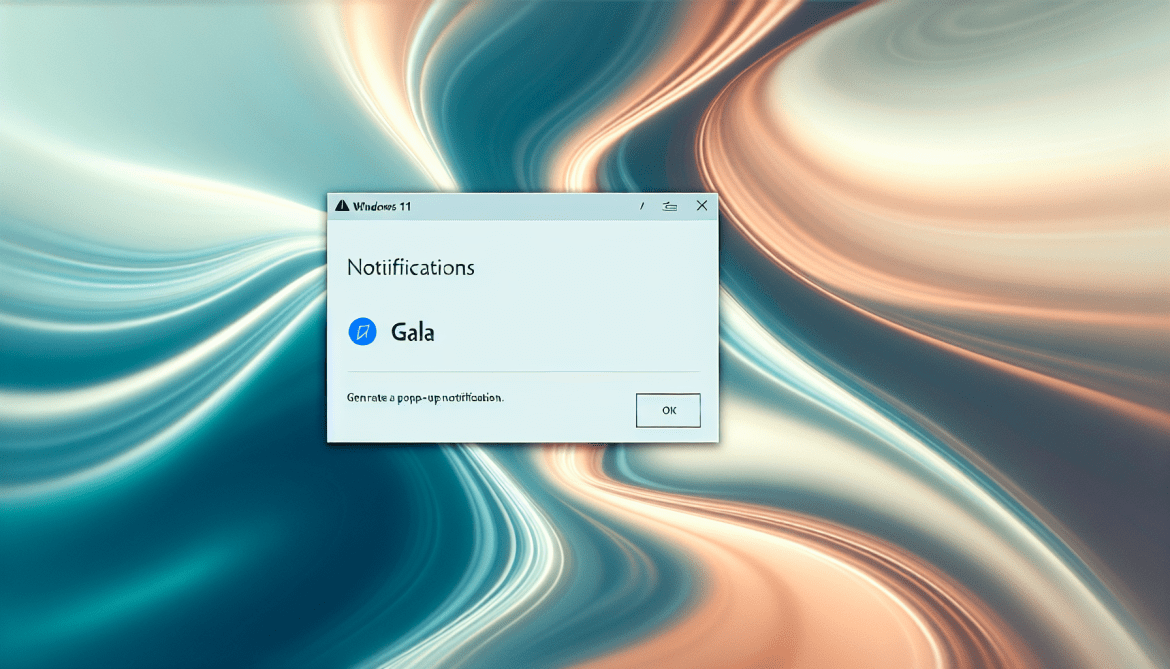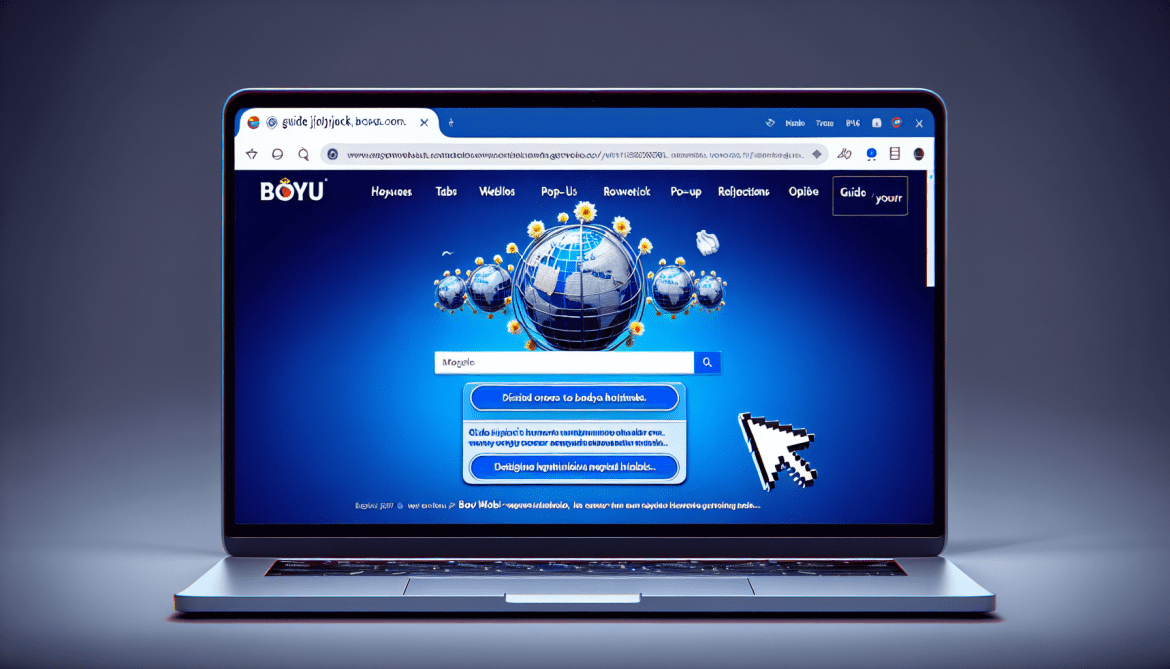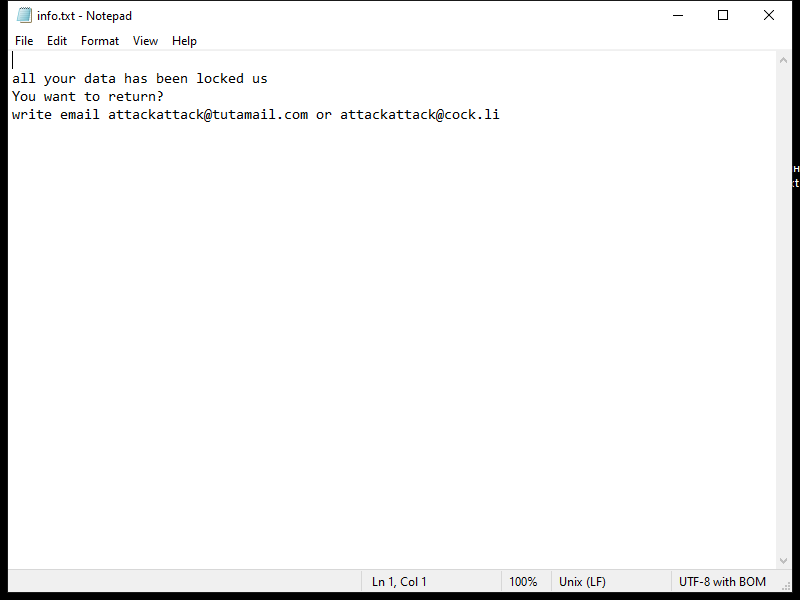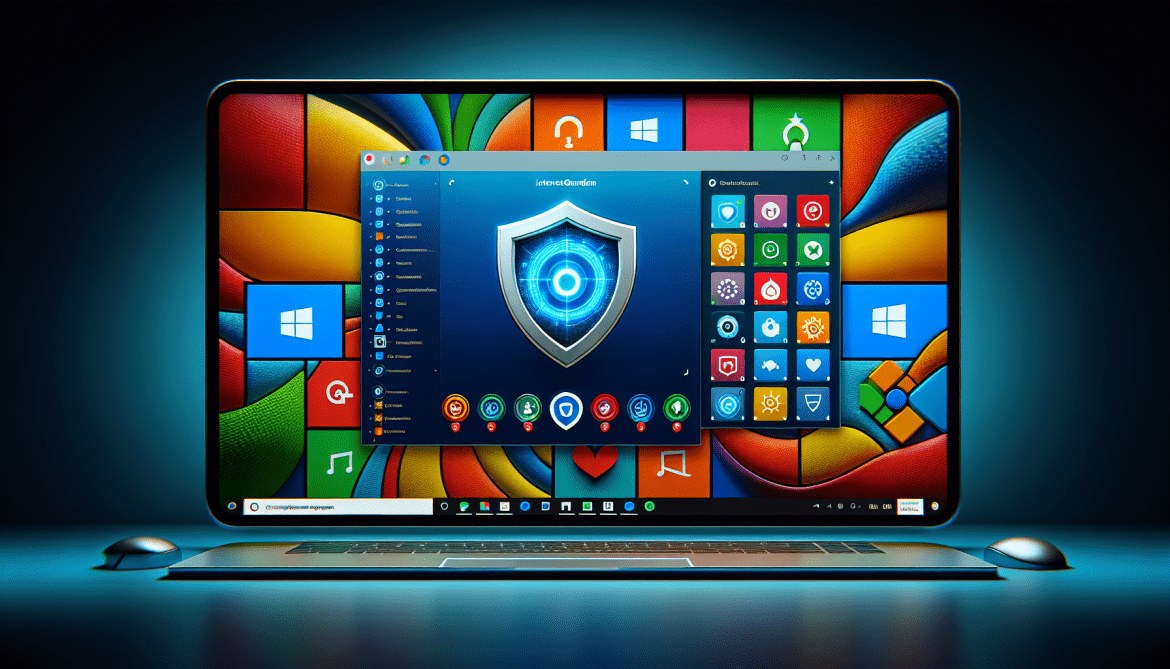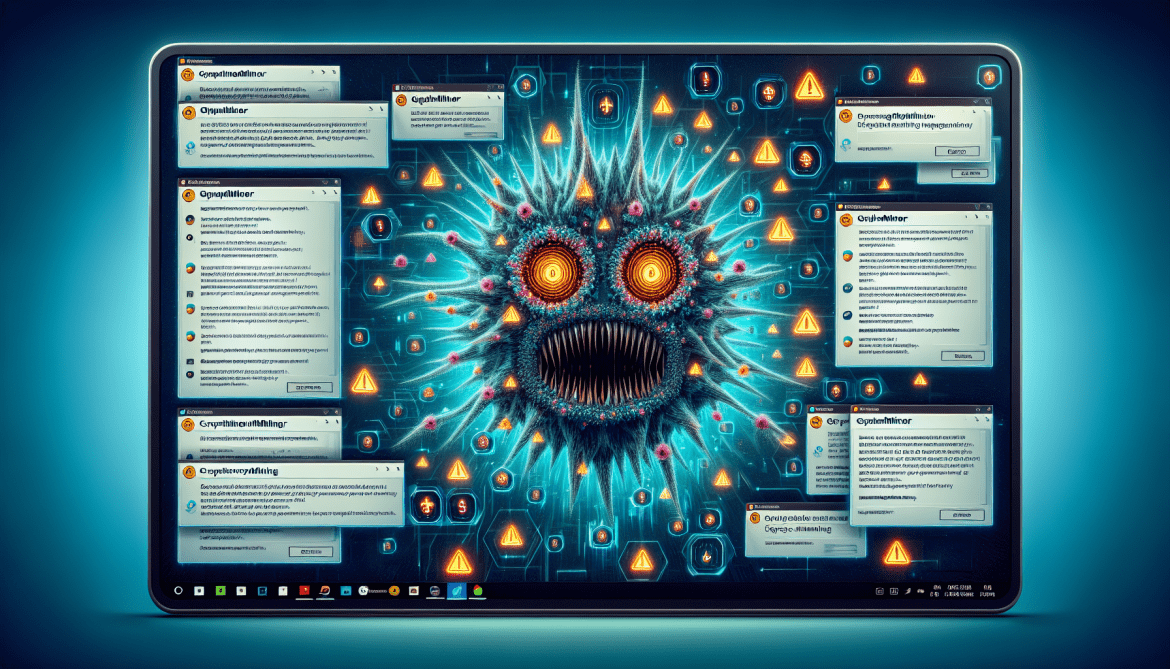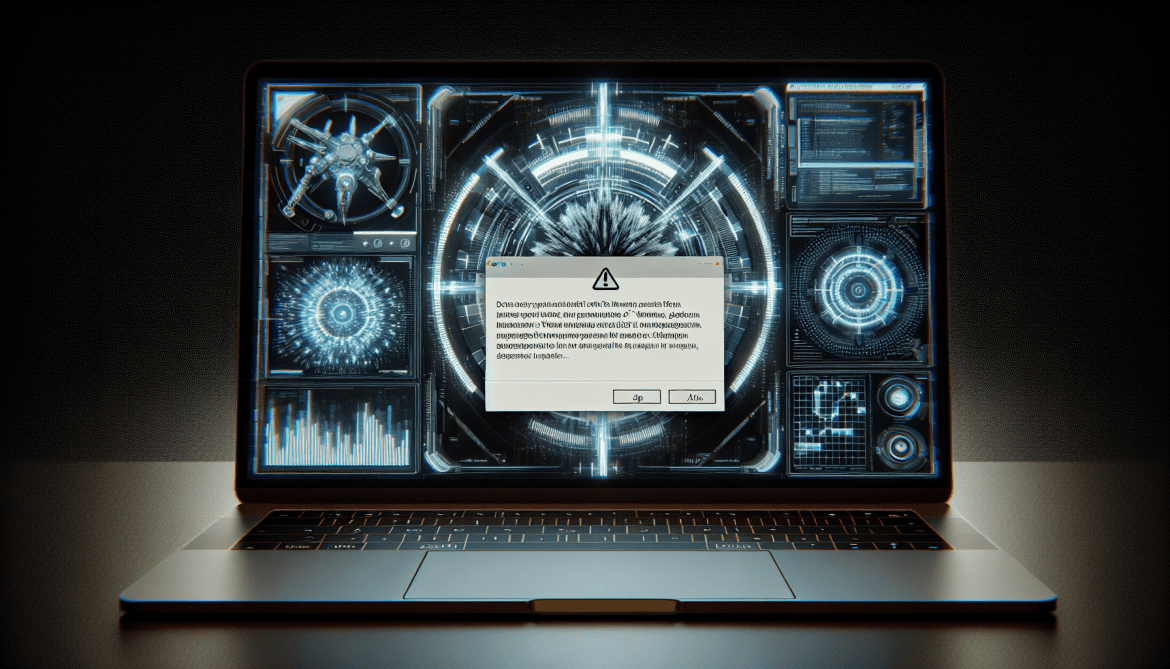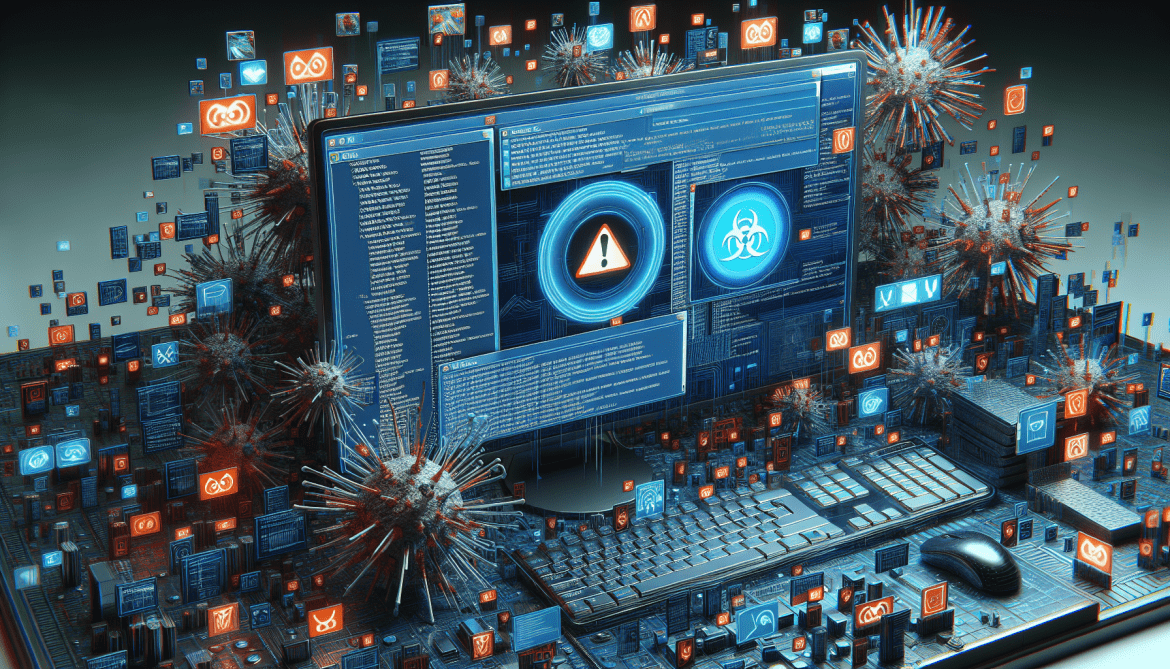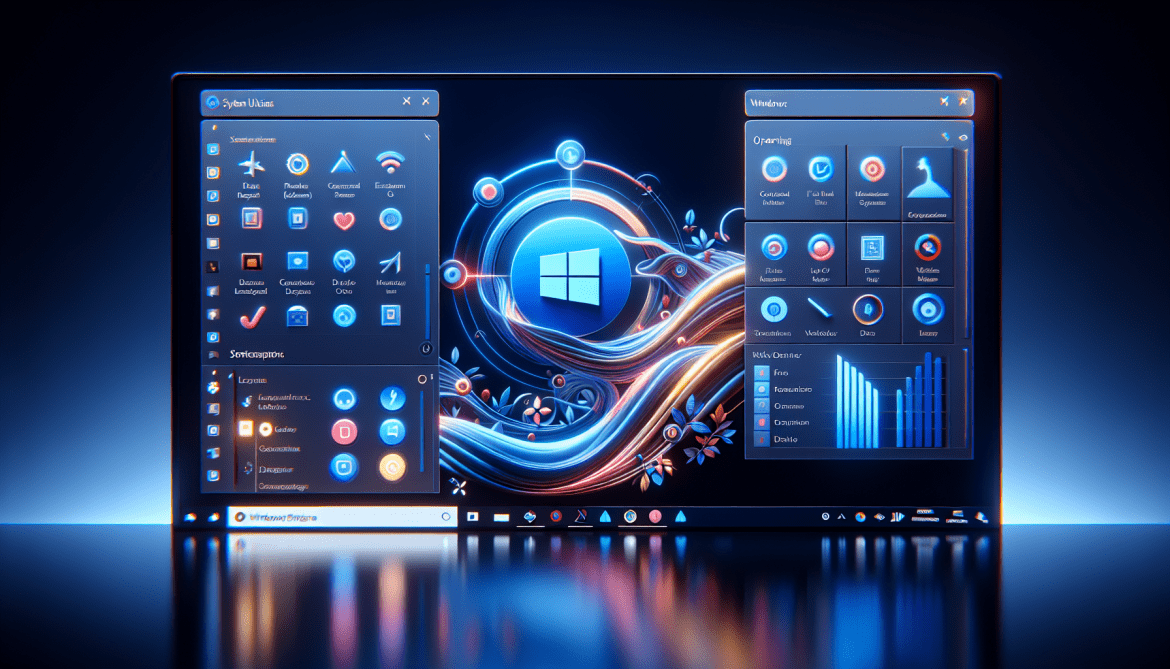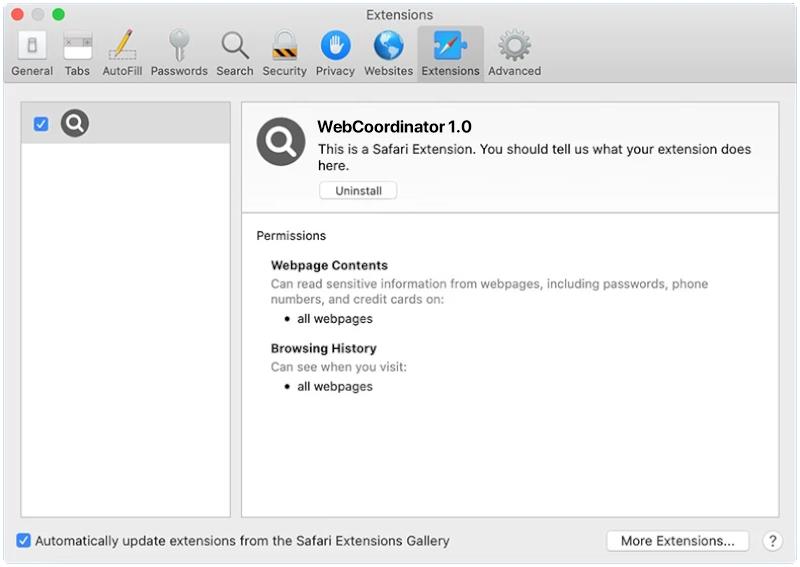Beast Ransomware is a type of malicious software that encrypts files on a computer, making them inaccessible to the user until a ransom is paid to the attackers. It infects computers through malicious email attachments, fake software updates, or compromised websites.
Beast Ransomware typically adds the “.beast” file extension to encrypted files. It uses a strong encryption algorithm to lock the files, making it nearly impossible to decrypt them without the decryption key.
After encrypting the files, Beast Ransomware creates a ransom note on the desktop or in the folders containing the encrypted files. The note usually contains instructions on how to pay the ransom and obtain the decryption key.
As of now, there are no known decryption tools available for Beast Ransomware. However, it is not recommended to pay the ransom as there is no guarantee that the attackers will provide the decryption key or that the files will be restored.
If your files have been encrypted by Beast Ransomware, the best course of action is to restore them from a backup, if available. You can also try using third-party data recovery tools, although success is not guaranteed. Additionally, you can seek help from cybersecurity experts or law enforcement agencies for further assistance.

